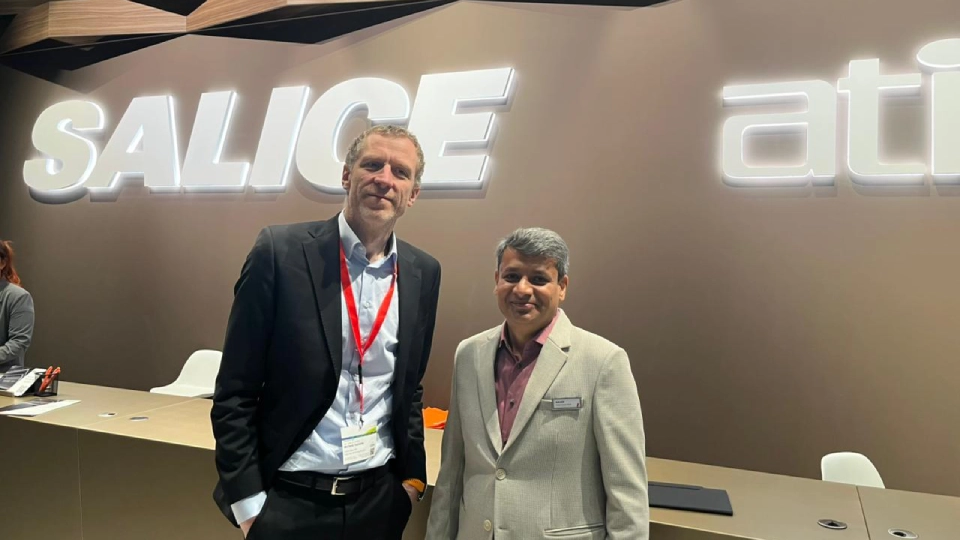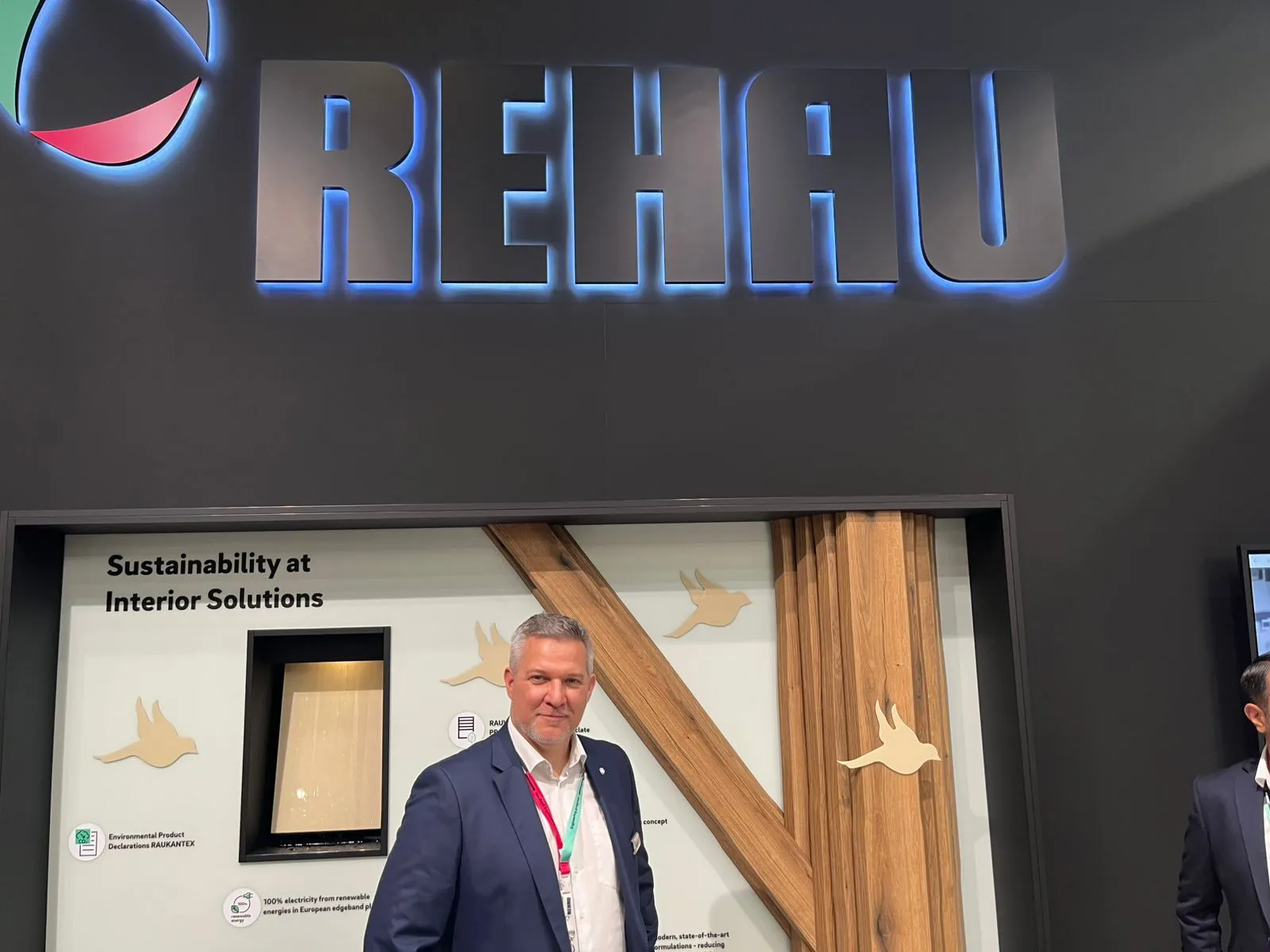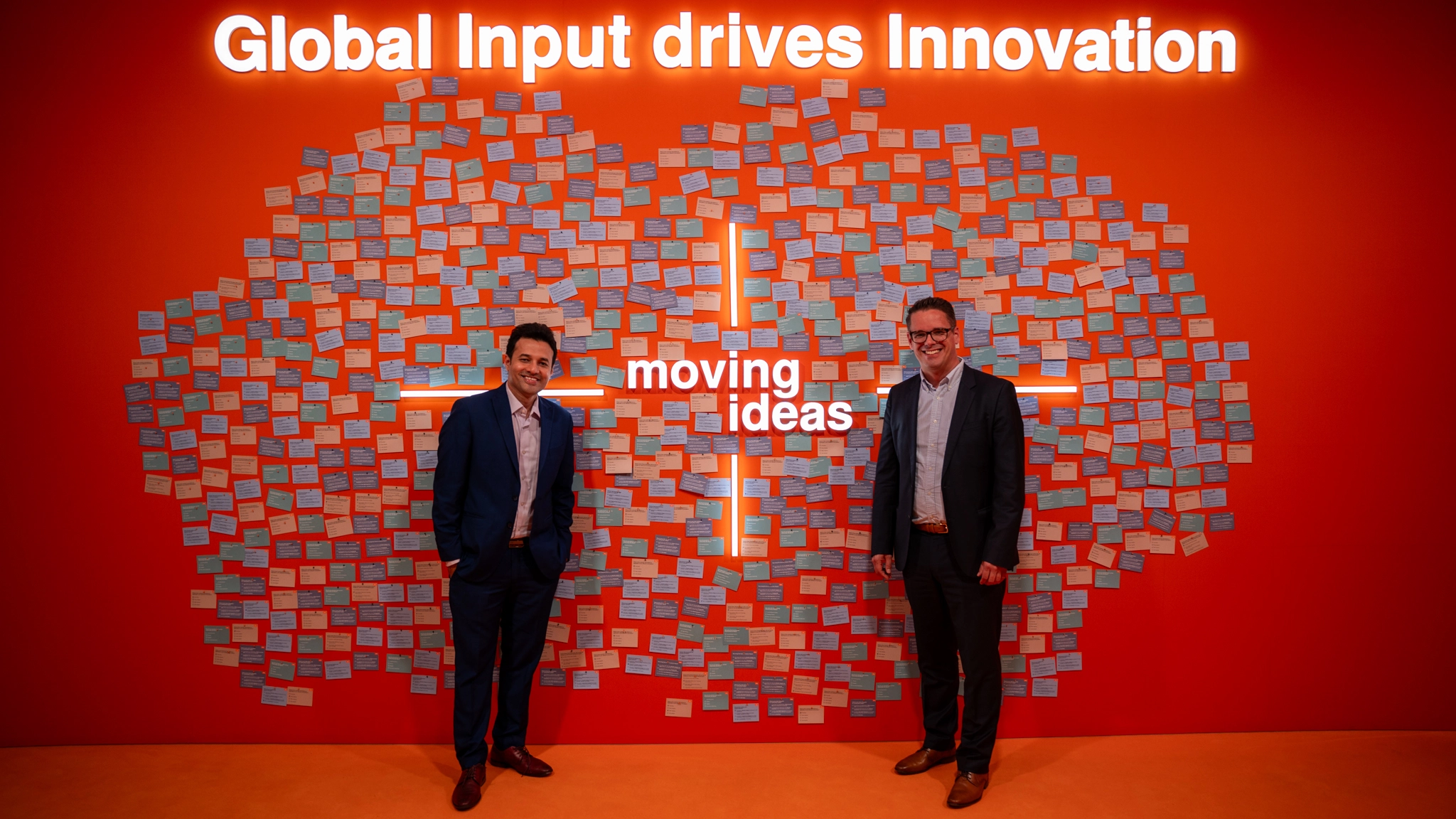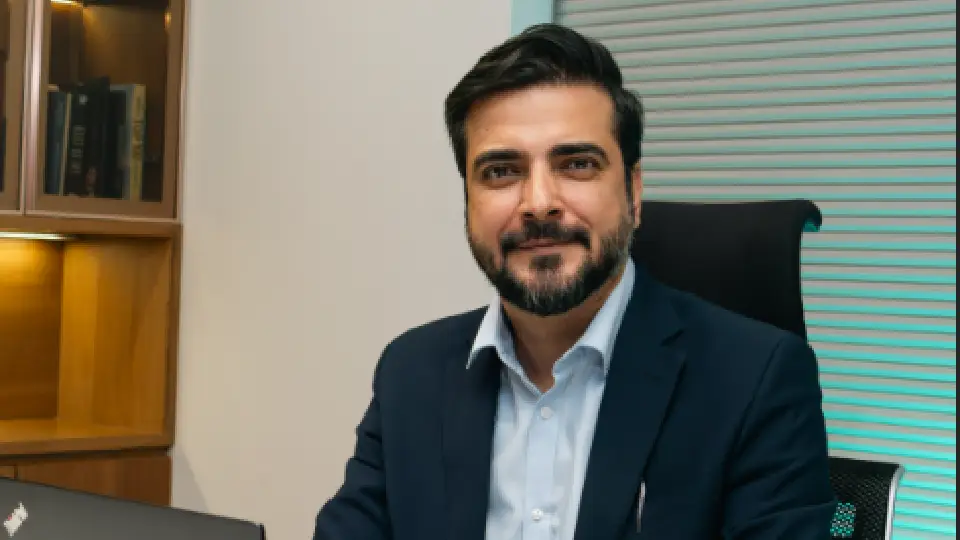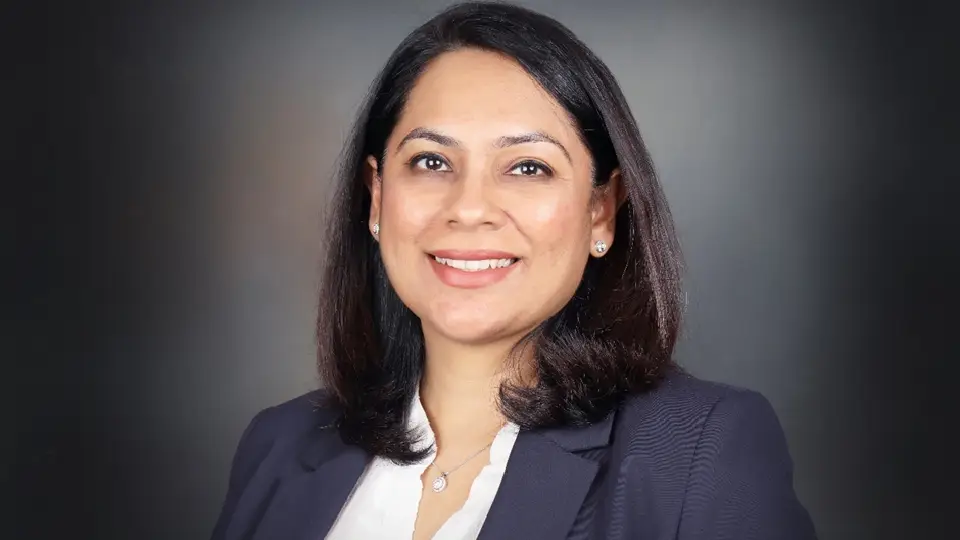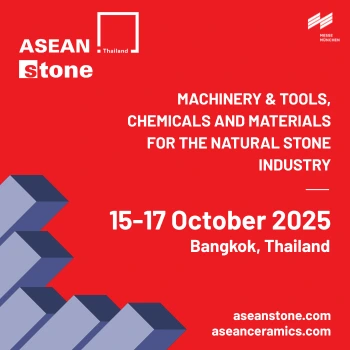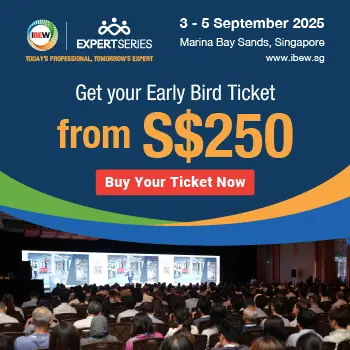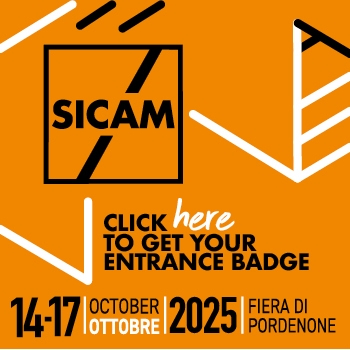In an industry driven by tight timelines, complex stakeholders, and constant change, building a resilient workplace culture isn’t easy. Yet dormakaba stands out for doing exactly that, with people policies rooted in trust, flexibility, and long-term thinking. In this candid and exclusive conversation with BuildingandInteriors, Balaji Venkitaramasubramanian, Human Resources Director, dormakaba, shares how the company balances global best practices within the Indian market, why culture must never be compromised, and what it takes to retain talent in a high-pressure, high-expectation environment.
Balaji firmly believes that HR is as good as the business leadership team.
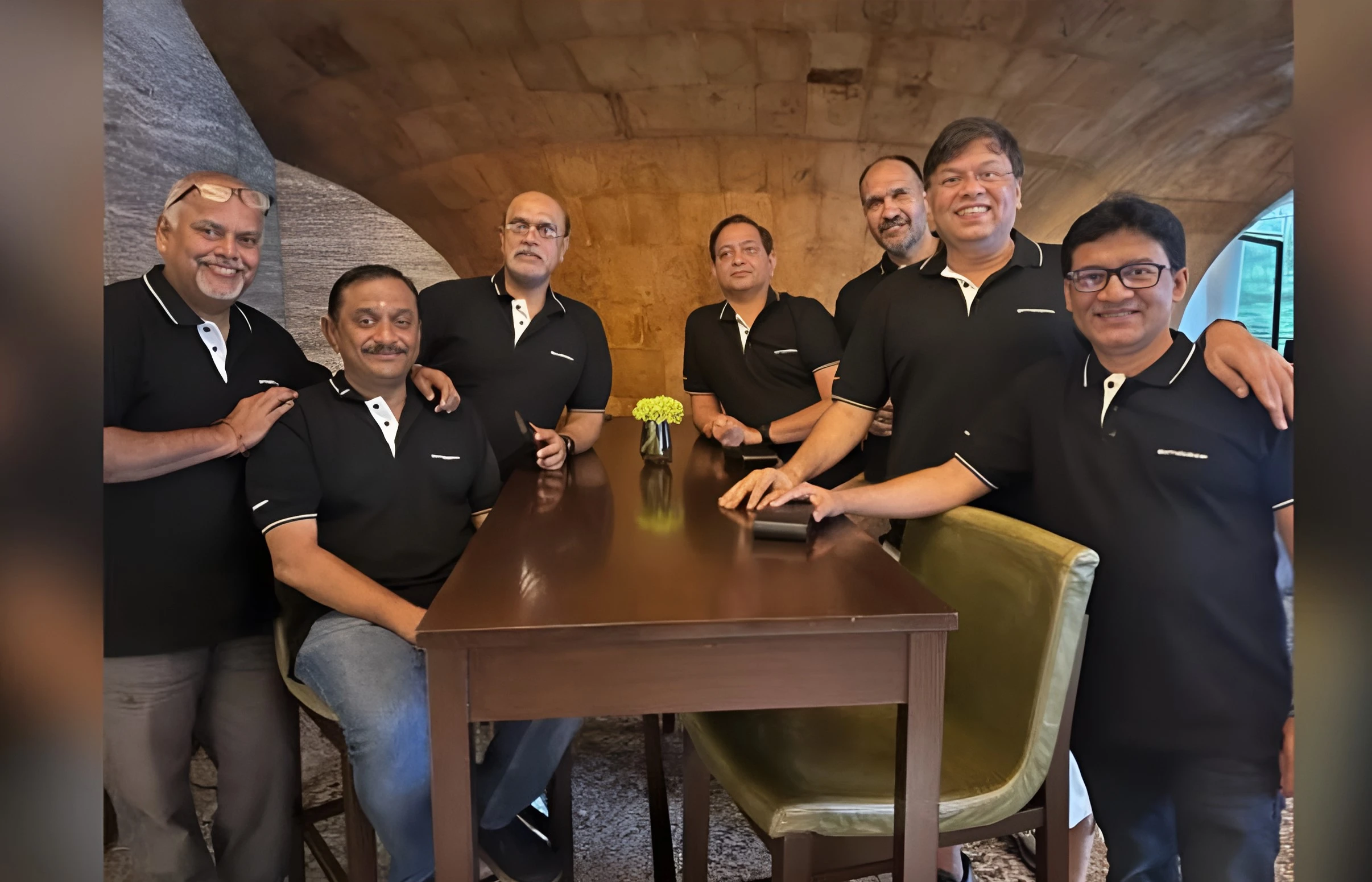
B&I: What are some of the key people policies at dormakaba that define you in the industry of building materials?
Balaji Venkitaramasubramanian: At dormakaba, what distinguishes our people policies isn’t just the content; it’s the tone. We consciously avoid a prescriptive or top-down approach. Instead, our policies are framed in an adult-to-adult tone, empowering employees rather than instructing them. Trust is the foundation of an effective workplace, and our policies reflect that philosophy.
Additionally, the biggest challenge in today’s workforce is managing changing expectations, especially with the rise of gig-based work. Unlike in the past, today’s talent pool is more mobile and discerning. They won’t hesitate to leave environments that don’t align with their values. In this context, our policies focus less on rigid mandates and more on contextual appropriateness. We emphasise principles and transparency over procedures.
Our policy respects multiple dimensions, particularly in areas such as medical insurance. We’re flexible and willing to go beyond set limits when necessary.
During the pandemic, when business was down and uncertainty was high, we made a conscious decision to prioritise our people. What we did next was unconventional: instead of enforcing pay cuts, we asked our employees how much salary cut they could afford, considering that for a few months, there was virtually no business activity, and we were confined to our homes. Many offered to take a 20% cut. However, we could manage our costs with only a 5% deduction, which was also restricted to Senior Managers, and once things improved, we fully reimbursed this deduction in 8 months. Some questioned the risk – what if no one agreed? But we trusted our team. That trust paid off.
Our policies aren’t rigid rulebooks but rather frameworks designed to ensure fairness and transparency. They treat all employees with respect and dignity while also allowing for customisations as appropriate because no two people or their situations are the same.
B&I: What are some of the inefficiencies you see in building materials from an HR perspective?
Balaji Venkitaramasubramanian: In building projects, materials must be delivered and installed as per the builder’s timeline. Panic is an inherent curse of this Industry, but sometimes, the real strength lies in the ability to stop and simply say, “Give me some more time.”
Working in India, we often encounter situations that are beyond our control, such as bureaucratic hurdles, inadequate public infrastructure, and logistical delays. What concerns me is that sometimes, our people take on the burden of these external challenges themselves. As leaders, we have to be sensitive to that. It’s one thing to hold someone accountable, and it’s another to let their spirit be crushed.
Certain standards of behaviour are non-negotiable, even if it is from our customers. That’s what I demand from my leadership. When an external contractor crossed the limits of decency in his interaction with one of my colleagues due to reasons beyond the control of my colleague, we intervened and took a tough stand. We informed the contractor that we were willing to take responsibility for any lapse but would not compromise on the dignity of our colleagues, and also warned the contractor that we would be constrained to take legal action. The contractor regretted what he had done and unconditionally apologised to our colleague.
From an HR perspective, the most important thing to remember is that it’s a marathon, not a sprint.
B&I: What are the biggest HR-related challenges that you see these days?
Balaji Venkitaramasubramanian: One challenge we face today is competition poaching our talent. We have many colleagues who have completed 10 years of service with us at dormakaba, and I am proud to share that I recently joined this esteemed club. This place has given me lifelong friendships, and that’s something rare. This is incidentally the USP of our workplace, shared across multiple platforms, especially with new hires during their onboarding: “a workplace where you will find friends for a lifetime.”
If you examine employee costs as a percentage of revenue over time, the trend is concerning. The constant race to retain and attract talent is driving this rise. It’s a cycle we need to be more mindful of, both as leaders and as professionals building long-term careers.
Additionally, the real issue is that we’ve stopped farming our talent; we’ve started hunting. It might seem quicker to hire from outside, but it comes at a huge “hidden” cost and a compromise on “the smell of the workplace,” also known as culture.
Every workplace has a unique identity, a cultural fabric that holds things together. When you bring in too many outsiders, especially at leadership levels, that fabric starts to fray. New leaders often question everything, which can be a healthy practice but also disruptive. Over time, if you lose that shared identity, the culture gets diluted. And when culture erodes, you lose a rare virtue that you have built over the years. Then, even the best talent struggles to thrive.
On the lighter side, I keep telling my colleagues that HR is both their emotional dustbin and also their Union leader, which helps us to stay in touch and grounded with the real people issues.
B&I: What strategies does dormakaba use to attract and retain top talent in such a niche domain?
Balaji Venkitaramasubramanian: We want people to feel that they are working for their own company, which we believe is key to retention.
One unique initiative in this direction is to bring our brand behaviours to life. We created a platform called BehavioRadio. Since 2019, we have showcased real employee stories that reflect our brand behaviours coming to life and driving transformation. Every quarter, we publish these stories, and in recent years, we have created a quarterly platform on MS Teams, BehavioRadio. On Friday afternoons, a carnival-like atmosphere prevails, and a chosen few colleagues showcase their success stories – stories of excellence that bring brand behaviours to life.
This is followed by a dedication section in which these employees are allowed to choose anything from YouTube, usually “top of the charts” songs or inspirational clips. We play these as dedications to the people who influenced their success. Many colleagues dedicate their success to their families, bosses, and teams. Recently, we have seen a new trend of dedication in honour of our customers, deepening our connection with them.
These stories are compiled into an annual publication called the Essence of Excellence, which is shared with all colleagues. All meetings begin with a reflection on one of the success stories from the Essence of Excellence. Interestingly, we found that employees who contribute to BehavioRadio tend to stay with the company longer and perform better. We encourage everyone to strive for excellence and share their journey because when their story is featured, they inspire others and, in the process, leave a lasting legacy behind.
B&I: In terms of the policies that you have at dormakaba India, what are some of the global best practices that are followed in your divisions elsewhere that have tremendous scope as we move forward in time?
Balaji Venkitaramasubramanian: First, the process is crucial; we follow clear group directives across various policy areas, which is the culmination of both best and next practices globally. Gender pay gap reporting under the CSRD (Corporate Sustainability Reporting Directive) and the concept of living wages are few examples.
Second, we conduct a Best Practices Survey in our local markets. This allows us to understand and benchmark leading practices across our industry and broader markets in which we are present.
We also recognise that there’s always a question of affordability when it comes to rewards, and within those constraints, we aim to distribute incentives fairly and meaningfully. Today, flexibility is a significant talking point, and we actively extend those options wherever possible.
However, what’s considered “best” today can become obsolete tomorrow. The key lies in constantly understanding what people truly want. That’s where the dormakaba dialog survey plays a vital role. Conducted at regular intervals, it’s a confidential, insight-driven survey where employees share their vision for the Organisation and also outline what is working well and what needs improvement. This helps us identify the life-giving forces within the organisation and what energises and sustains performance and engagement.
Importantly, we don’t just use this to identify gaps. We also focus on nurturing what’s already working well. That requires trust. Ultimately, best practices must evolve. To stay ahead, we need to stay open and agile and nurture what “best” looks like again and again.
Recently, as leaders explored ways to reduce attrition, I championed a survey with former colleagues using an external partner. Crucially, we urged the vendor to explore not just why people left, but also factors that enabled their stay. Engagement surveys need not be restricted to existing employees but also include alumni, shaping the way our EVP is perceived.
B&I: Would you like to share anything else from your perspective, given the segment that we target, a broader message to the Industry?
Balaji Venkitaramasubramanian: Over the past decade, our Industry has rightly placed increasing emphasis on safety. I recently attended a workshop on cyber attacks where someone said something that stayed with me: “You’re safe from a cyber attack until the next one.” It’s a powerful reminder that safety is never a one-time effort; it’s a continuous commitment.
Another area we urgently need to improve is gender diversity. The percentage of women in our Industry remains low, primarily due to site-based roles, remote locations, and construction-heavy environments. To change this, we must create a stronger safety net, both physically and culturally, so that everyone, regardless of gender, feels safe and respected in the workplace.
As an industry, we also deal with countless external variables. That’s why setting clear expectations with all stakeholders, namely clients, partners, and employees, becomes mandatory. I am pleased to inform your readers that as a market leader, if key players in our Industry come together to address shared challenges, dormakaba would be proud to host an event to consolidate such challenges and convey the same to Industry bodies and Policymakers to implement changes as appropriate, facilitating more predictable outcomes for our efforts.
Channel Partner Talk (dormakaba access control solutions dealers in Hyderabad) – JK Artekraaft
The access control solutions market for homes is going through developments with new technologies, smart products, and an inc











